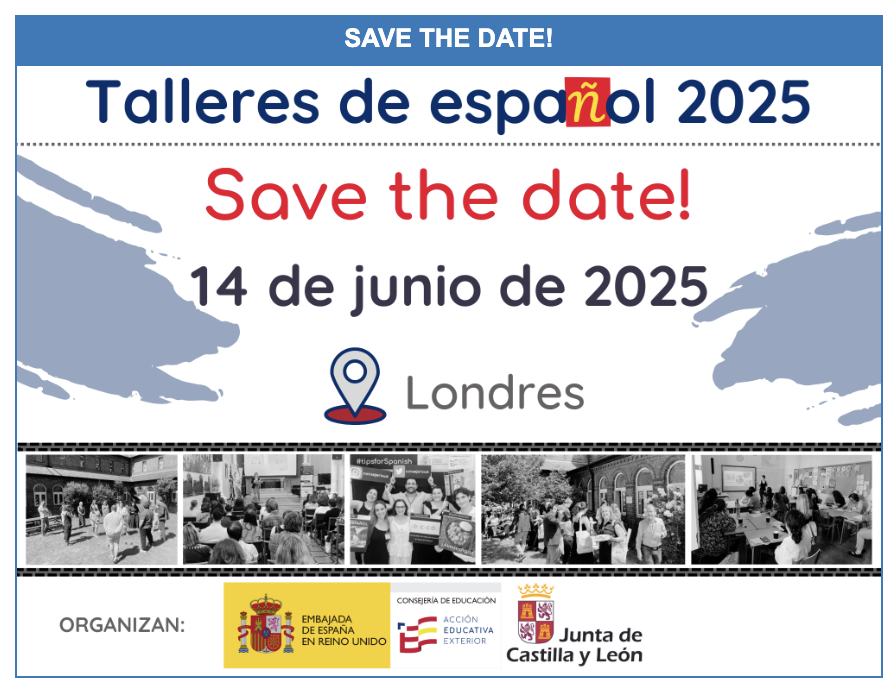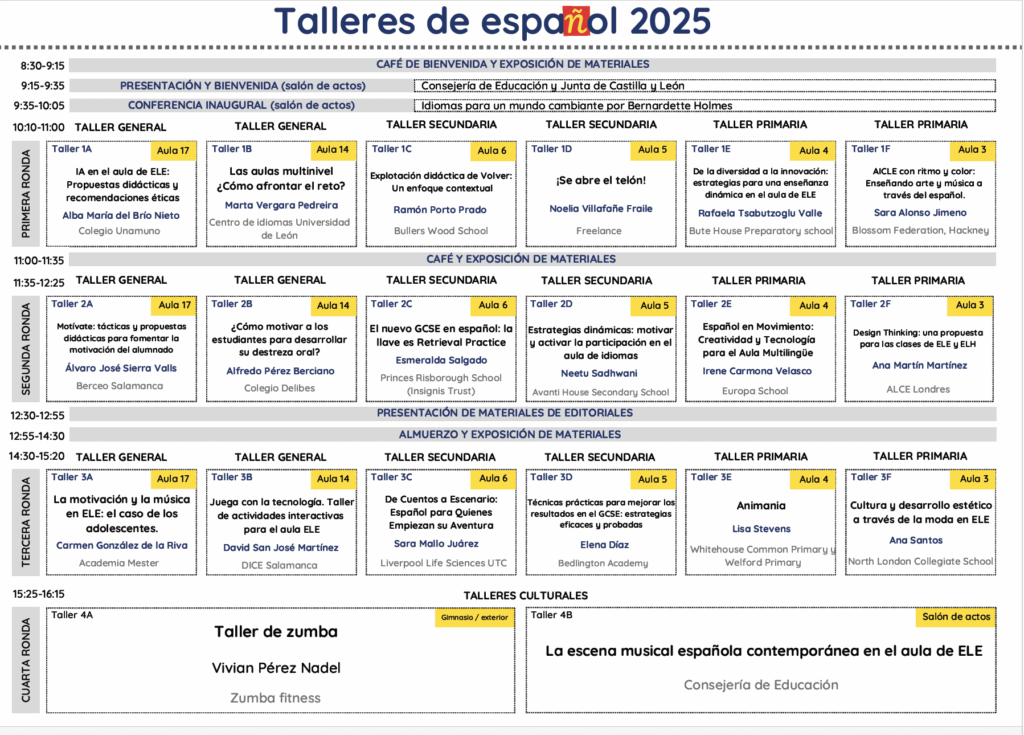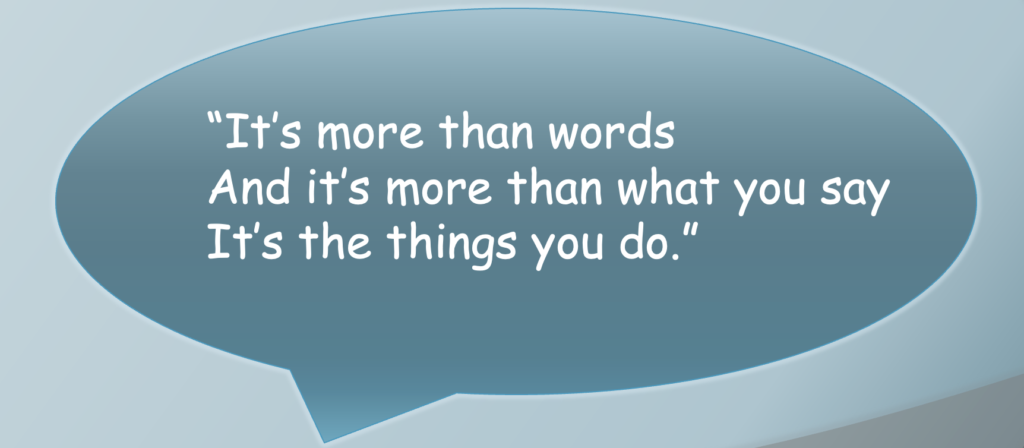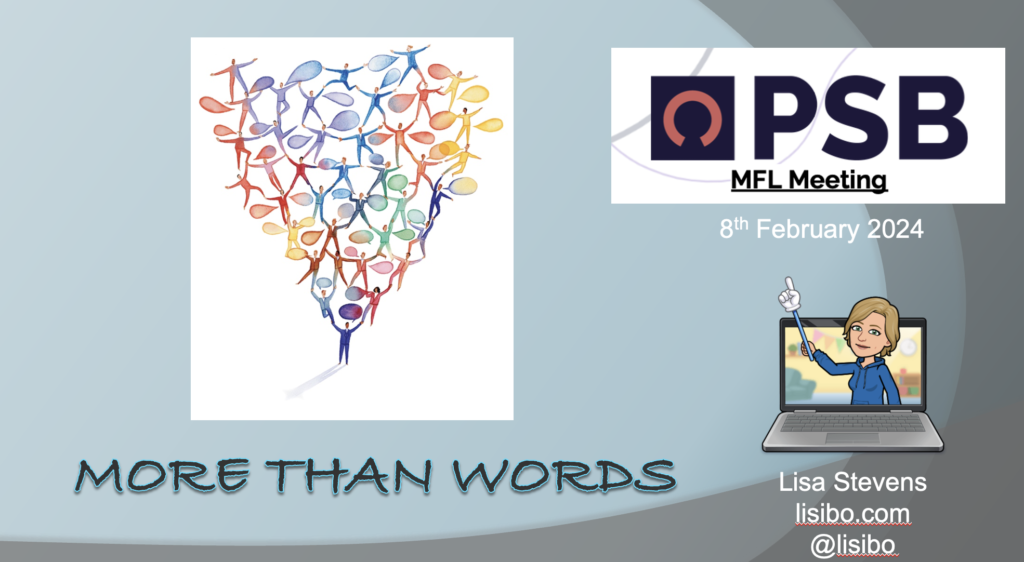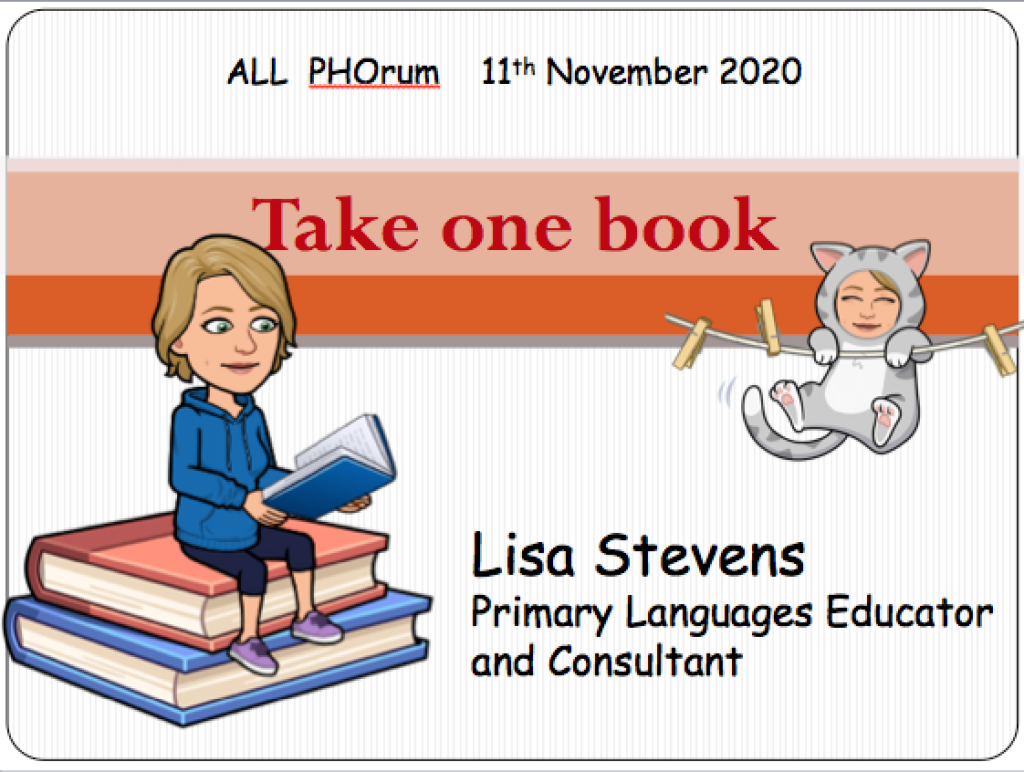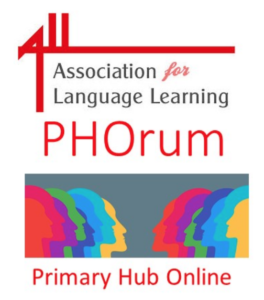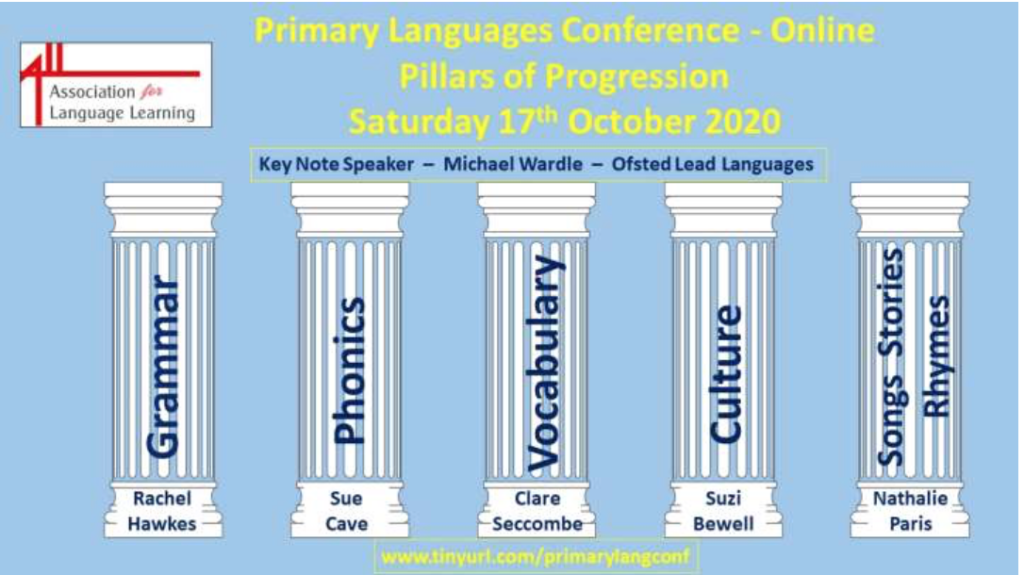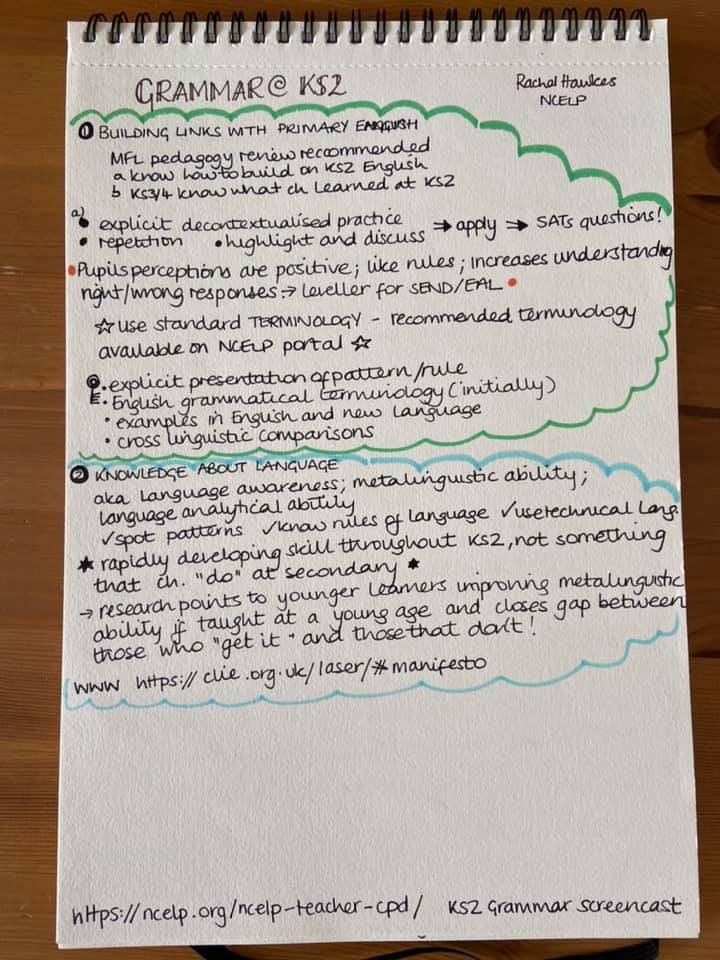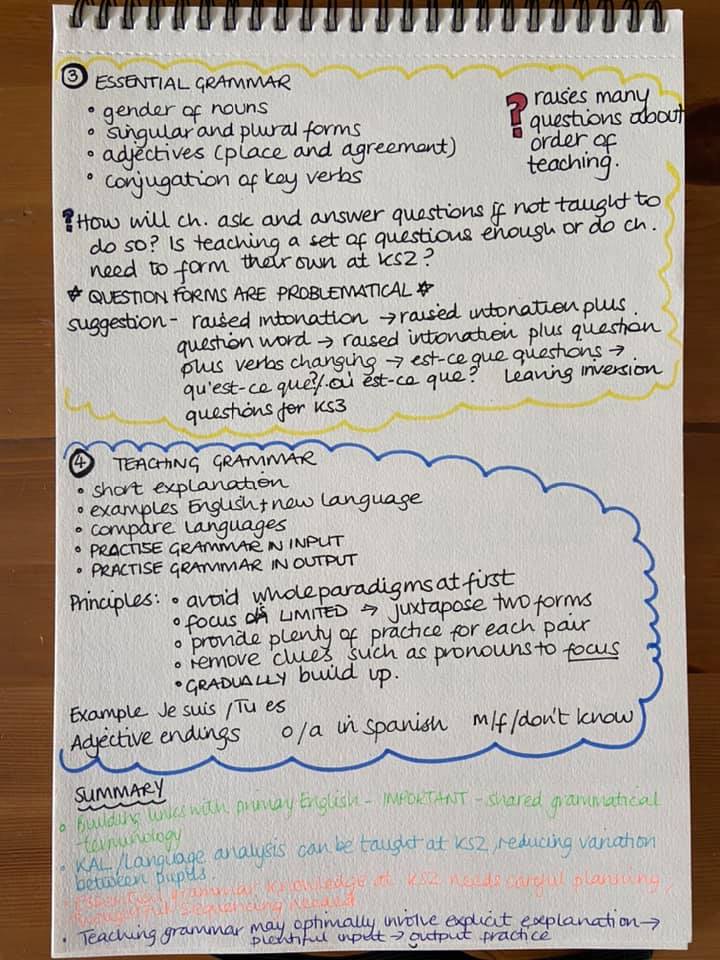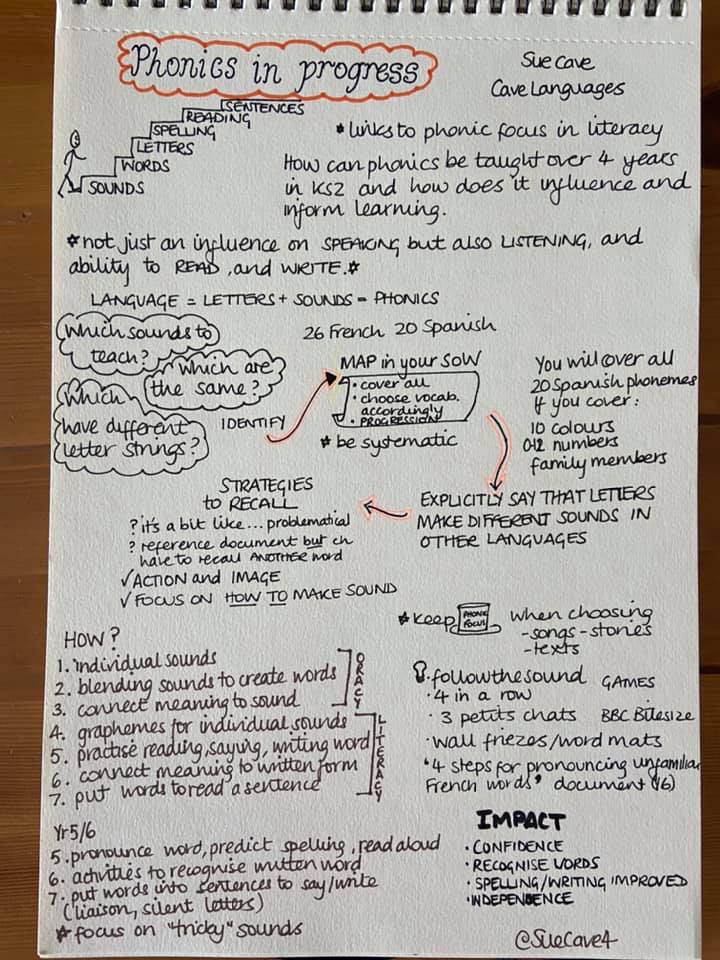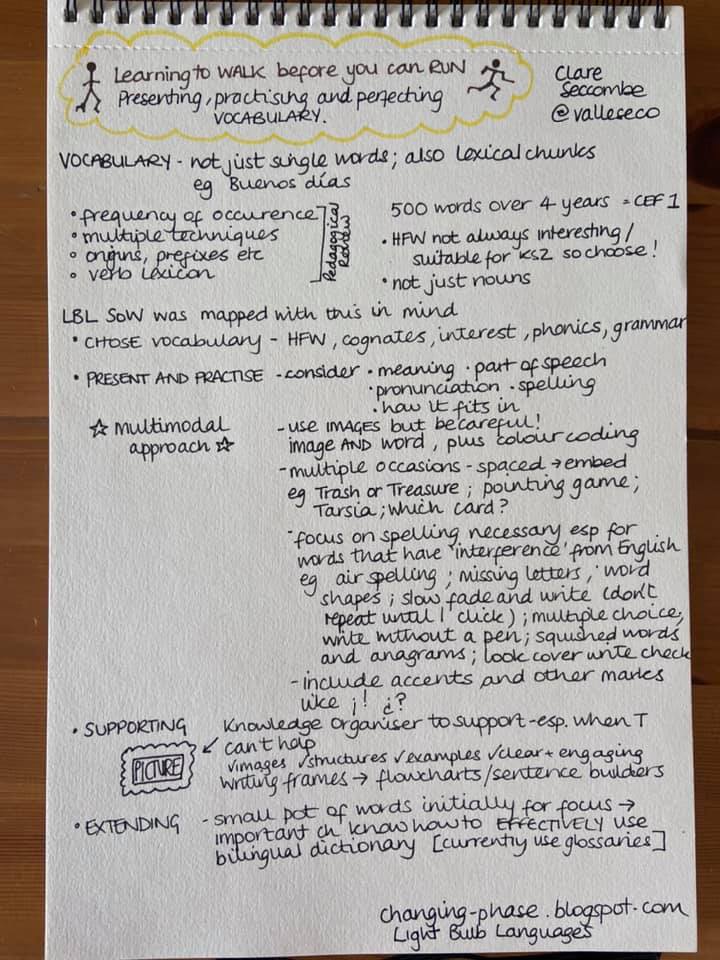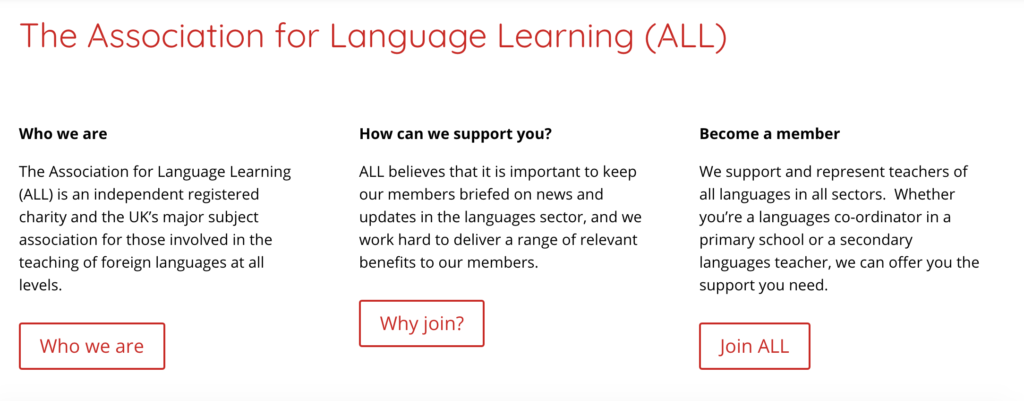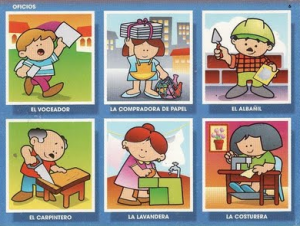Thanks to Pat Sweeney on the Yahoo MFL Resources group for pointing out this group.
If you like Hi5, and you love a bit of 90s “cheese”, you’ll love Nubeluz.
As Pat writes –
“Many of Nubeluz’s songs seem to be innocent good fun and definitely have catchy tunes that make you want to dance and sing along.
However, some “carry a message “. For example “Papi, deja de fumar!”
( Daddy, give up smoking!) or “Cuidado ” ( Be careful!) which warns of being mislead by friends to get involved in things that are not right or good.”
She goes on to pose a question –
“I would be very interested to know what people think of the songs and whether they would deem them suitable for using as teaching aids..and if so..with which groups..how?”
So…here are some ideas for how to use Yo quiero ser
httpv://www.youtube.com/watch?v=Sm1ZqJel8-c
I think this would fit well with the topics People who help us or Jobs people do that are part of EYFS and KS1. I think that the chorus is the most useful part.
Activities you might do:
- ask learners to identify the jobs they hear in the chorus. They are repeated at the very end so there are 2 chances to catch them. You might provide a tick sheet with pictures for younger learners or the names in Spanish for older ones.
- make a pelmanism game with job images and names in Spanish for matching first then for playing.
- cut the lyrics (chorus) into strips. Ask learners firstly to see if they can match the jobs with the description of what they do. This uses their LLS as they will look for cognates, make connections between the word for the job and words in the description and so on. Then they can check their answers by listening and watching again.
- I might use Amara (was UniversalSubtitles) http://www.universalsubtitles.org/en/ to put Spanish subtitles on the video too. (See this example and also this post about how and why)
Moving away from the video, some further ideas –
- I might use other video clip such as Los oficios which features a famous song, or this version with the words.
- This clip Cuando sea grande would be a good step onto using the future tense. Seré dentista/artista etc. I also like the final lines – “Cuando sea grande, haré mil cosas/Porque estoy seguro que podré. Y mientras tanto llega la hora/Solamente niño quiero ser”
- There is a whole unit of work on Udicom on Los oficios. These resources are intended for ‘alumnos de compensatoria’ or learners needing extra help in Spain so many are very simple exercises on copywriting, phonics, matching and writing words and short phrases. I particularly like the phonics sections and the use of little rhymes too.
- This interactive site is useful for learning the names of jobs by hovering over the people, and clicking to see/hear a short sentence about what they do. Further forward (click on arrow bottom right) it talks about “profesiones” – professions as opposed to “oficios” – jobs.
- Here’s a free poster that you can download – I believe you need to purchase the other posters tagged Los oficios but you can look at them for ideas!
- I also found this blog with an image and short descriptions for 6 jobs/professions.
- And this is a wonderful site with lots of ideas and materials for a wide age range. There are a number of stories at a variety of levels (primary and secondary) as well as comics and ‘information books’, all presented online. As this resource is aimed at social studies for Spanish learners, so you need to bear that in mind e.g. Look at the complexity of language rather than going by the age indicated. I looked at a few stories – Alejandro el canguro pintor (basic) is a lovely tale about a kangaroo that draws all the time, and Maria auxiliar de ayuda a domicilio is more complex and a home help who makes Grandma’s life better. There’s a teachers guide that includes ideas and some activity sheets. Well worth an explore if you’re looking to work cross curricularly at primary or secondary level!
So, Pat. Does that answer your question? 🙂
